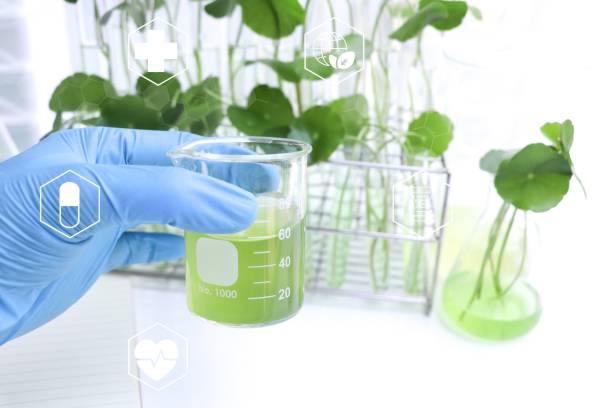Title: “The Industrial Alchemy: Practical Applications of Organic Chemistry”
Introduction:
Organic chemistry serves as the foundation for numerous industries, from pharmaceuticals to polymers, fuels to fragrances. Its principles and compounds are integral to the development of products and processes that shape our daily lives. In this blog post, we’ll explore some of the practical applications of organic chemistry in industry, highlighting its significance and impact across various sectors.
1. Pharmaceutical Industry:
– Drug Discovery and Development: Organic chemistry plays a crucial role in synthesizing and modifying organic compounds to create new pharmaceuticals. Chemists design and optimize drug molecules for efficacy, safety, and stability through organic synthesis techniques.
– Medicinal Chemistry: Organic chemistry principles are utilized to study the structure-activity relationships of drugs, enabling the design of more potent and selective therapeutics. Chemists identify and develop compounds that target specific biological pathways to treat diseases.
– Process Chemistry: Organic chemists optimize chemical processes for large-scale production of pharmaceuticals, focusing on efficiency, yield, and environmental sustainability. They design synthetic routes, develop reaction conditions, and implement purification techniques to ensure the quality of drug products.
2. Petrochemical Industry:
– Fuel Production: Organic chemistry is central to the refining and processing of crude oil into various fuels, including gasoline, diesel, and jet fuel. Chemists employ techniques such as distillation, cracking, and catalysis to convert hydrocarbons into valuable energy sources.
– Polymer Synthesis: Organic chemistry enables the synthesis of polymers, such as plastics, rubbers, and fibers, which are essential materials in countless industrial applications. Chemists design and tailor polymer properties through polymerization reactions, leading to diverse products with unique properties.
3. Agrochemical Industry:
– Pesticide and Herbicide Development: Organic chemistry is instrumental in the synthesis of agrochemicals, including pesticides, herbicides, and fungicides, used to protect crops from pests, weeds, and diseases. Chemists design molecules that target specific pests while minimizing environmental impact and ensuring crop safety.
– Fertilizer Production: Organic chemistry contributes to the synthesis of nitrogenous fertilizers, such as urea and ammonium nitrate, which provide essential nutrients to plants for growth and productivity. Chemists optimize fertilizer formulations to enhance nutrient uptake and minimize nutrient loss.
4. Fragrance and Flavor Industry:
– Perfume Synthesis: Organic chemistry is employed to create aromatic compounds used in perfumes, colognes, and other fragrance products. Chemists design fragrance molecules with desired olfactory properties, balancing volatility, longevity, and scent profile.
– Flavor Chemistry: Organic chemistry plays a key role in the synthesis of flavor compounds used in food and beverage products. Chemists develop natural and artificial flavors that enhance the taste and aroma of consumer goods while ensuring safety and regulatory compliance.
Conclusion:
Organic chemistry is a driving force behind innovation and progress in industry, with applications ranging from pharmaceuticals to petrochemicals, agrochemicals to fragrances. Its principles and techniques enable the synthesis of diverse compounds and materials that meet the needs of modern society while addressing global challenges. As industries continue to evolve, organic chemistry will remain indispensable in shaping the future of technology, healthcare, agriculture, and consumer goods.
